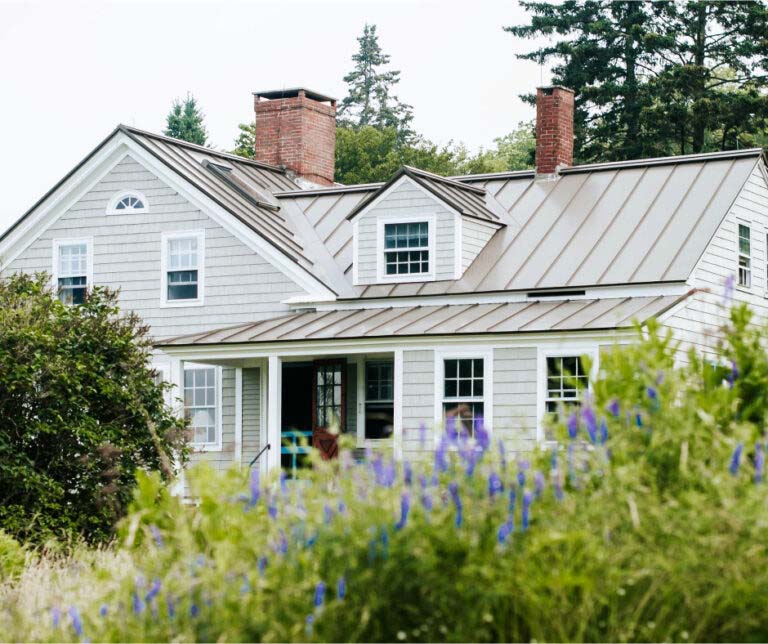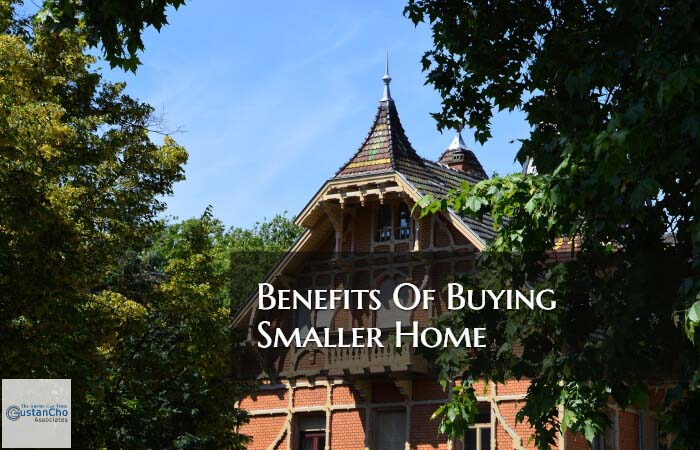Paying Off Mortgage Balance Before The of Term of Loan
This guide covers paying off mortgage balance before the end of the loan term. Every homeowners dream is to have a home that is free and clear of any mortgage. Paying off mortgage balance earlier than the loan term is every homeowners dream. Most homeowners have a 30 year fixed rate mortgage.
There are a select few homeowners who are very disciplined and pay a little more every months so they can have their mortgage paid off prior to the due date.
All homeowners remember the date of their home closing. Signing the endless paperwork and mortgage docs at the closing table. Having a free and clear home may sound like a major accomplishment and a dream come true. However, homeowners should ask the question of whether it is the best use of their money. In this article, we will cover and discuss paying off mortgage balance earlier than the loan term.
Benefits of Paying Off Mortgage Balance Before The End of Loan Term
Most consumers have a priorities of debts they want to pay off. Mortgage loans are not one of those realistic debts consumers can pay off early due to the enormous debt. Paying down debts, whether they are credit cards, auto loans, or mortgages, consumers save in paying interest expense.
A mortgage loan balance at a 5.0% interest rate over a 30 year term, consumers will be paying over $160,000 in interest expense.
Their monthly principal and interest payments will be $900 per month. This monthly payment needs to be paid over the course of the 30-year term. So a $150,000 loan balance will end up being a total of over $300,000 over 30 years. That is a lot of interest expense homeowners need to pay to own the home free and clear.
Paying Bi-Weekly Mortgage Payments Will Save 6 Years Off Loan Term
Making bi-weekly mortgage payments versus monthly payments will save at least six years off the 30-year loan term. The reason being is homeowners who make bi-weekly mortgage payments make an extra mortgage payment each year. Doing so, the extra monthly mortgage payment a year will go towards paying down principal. Most homeowners will shave 6 years off the term of their mortgage by disciplining themselves in making bi-weekly versus monthly mortgage payments
Making Periodic Large Payments Towards Mortgage Principal
I know dozens of goal oriented folks whose mission is to pay off their mortgage by a certain date. Many will pay extra money they get from their income tax refund straight towards their mortgage loan balance. For example, say a homeowner inherits $20,000 from the death of a family member. They use those funds to pay down their mortgage principal in their 4th year of their 30 year fixed rate mortgage. Doing so, they will be paying off their mortgage term to 23 years versus the 30 year term. The mortgage interest expense is shaved down from $140,000 to $98,000. This saves the homeowner over $42,000 from the term of their mortgage loan.
How Most Real Estate Investors Think of Their Primary Homes
Paying off your mortgage balance before the end of the loan term can have both advantages and considerations. Here are some important points to keep in mind. Prioritize high-interest debt, like credit card debt, before paying off your mortgage. The interest rates on credit cards are typically much higher than mortgage rates.
Advantages of Paying Off Mortgage Balance Sooner Before End of the Loan Term
Interest Savings is an advantage of paying off mortgage balance sooner before end of the loan term. By paying off your mortgage early, you can save a significant amount of money on interest payments. Mortgages are typically amortized, which means you pay more interest in the early years of the loan. Paying it off early reduces the total interest paid.
Benefit of Debt-Free Homeownership Paying Off Mortgage Balance
Paying off your mortgage means you own your home free and clear. This can provide a sense of security and financial freedom, as you no longer have a monthly mortgage payment.
Benefit of Improved Cash Flow of Paying Off Mortgage Balance Sooner than Loan Term
Without a mortgage payment, you’ll have more disposable income each month for other expenses, investments, or savings. Some people simply prefer the peace of mind that comes with not having a mortgage debt hanging over their heads.
Considerations of Paying Off Mortgage Balance Sooner Than The Loan Term
Check your mortgage agreement for any prepayment penalties. Some mortgages have fees for paying off the loan early, especially within the first few years. Consider whether the money used to pay off your mortgage could be put to better use elsewhere.
For example, investing in higher-return opportunities may be more financially beneficial in the long run. Mortgage interest can be tax-deductible in some states.
Paying off mortgage balance early could reduce your ability to claim this deduction. Before paying off your mortgage, ensure you have an adequate emergency fund. It’s essential to have liquid assets for unexpected expenses.
Consider Investment Goals Before Paying Off Mortgage Balance
Consider your overall financial goals. If you have other financial goals, such as saving for retirement or children’s education, it might be more prudent to allocate funds there instead of paying off your mortgage early. Assess your future plans. If you plan to move or refinance in the near future, paying off your mortgage might not make as much sense.
Over time, inflation erodes the real value of debt. If inflation rates are high, it may be more advantageous to carry a low-interest mortgage and invest the money elsewhere.
Ultimately, the decision to pay off your mortgage early should align with your financial goals, risk tolerance, and individual circumstances. It’s advisable to consult with a financial advisor to determine the best course of action for your specific situation.
Buying a Second or Investment Property
There are cases where borrowers want to purchase a second or investment home. These buyers often have primary homes with a lot of equity. Mortgage Rates on investment properties are higher than primary owner-occupant properties
It makes better financial sense if borrowers were to do a cash-out refinance on their primary homes and purchase investment property cash
However, investors do not want to touch their primary residence and rather qualify for investment home loans at higher rate. Many homeowners get a peace of mind by having equity in their primary homes. Many consumers have a hard time saving money. By building equity in their owner occupant property, it forces them to save by building equity







